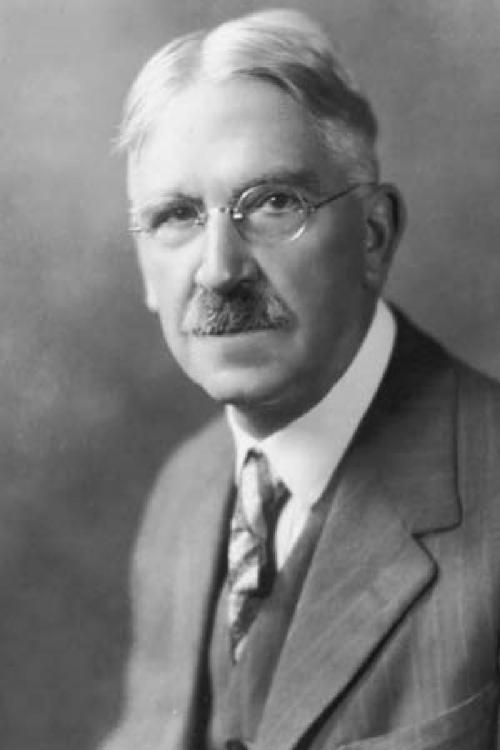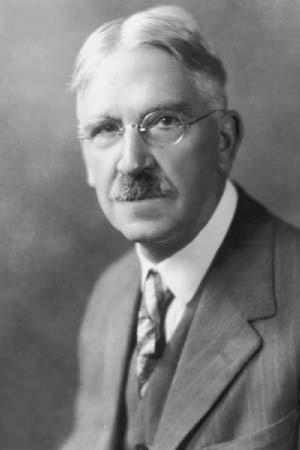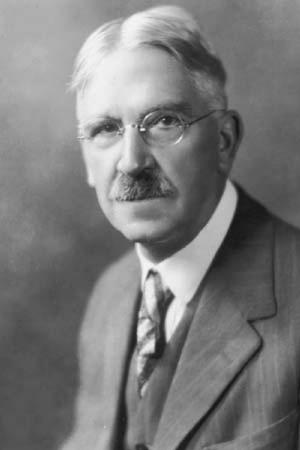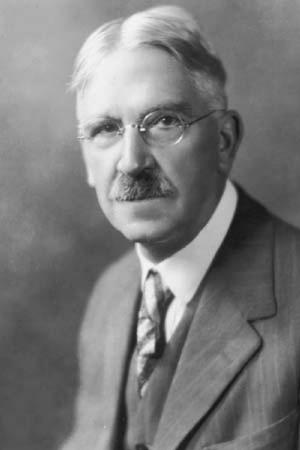| Author: | John Dewey | ISBN: | 1230001439342 |
| Publisher: | Timeless Books | Publication: | November 22, 2016 |
| Imprint: | Language: | English |
| Author: | John Dewey |
| ISBN: | 1230001439342 |
| Publisher: | Timeless Books |
| Publication: | November 22, 2016 |
| Imprint: | |
| Language: | English |
The book has an active table of contents for readers to easy access of each chapter of the following titles:
1. THE NEW PSYCHOLOGY - JOHN DEWEY
2. THE REFLEX ARC CONCEPT IN PSYCHOLOGY - JOHN DEWEY
3. HOW WE THINK - JOHN DEWEY
4. THE POSTULATE OF IMMEDIATE EMPIRICISM - JOHN DEWEY
5. HUMAN NATURE AND CONDUCT - JOHN DEWEY
John Dewey was one of the most influential American philosophers, psychologists, and educators whose ideas have impacted education and social reform around the world. He is one of the founders with the philosophy of pragmatism and of functional psychology. He is in the row with the greatest thinkers including Bertrand Russell, Ludwig Wittgenstein, Karl Popper, Charles Peirce, John Mill, and William James.
Dewey considered schools and civil society as the two fundamental elements that had to be constructively evolved by encouraging experimental intelligence and plurality. Dewey’s belief is that complete democracy is to be sustainable not just by giving and extending voting rights but also by ensuring that a fully formed public opinion is accomplished by communication among citizens, experts, and politicians with the full accountability and responsibility for the policies they adopt.
The book is a classic collection of highly influential writings about modern psychology by John Dewey. He systemically elaborated his philosophical view of psychology in the book and became the basis of all his further work. John Dewey argued his grand view about the psychology development as “That the greater demand for a unifying principle and controlling working hypothesis in psychology should come at just the time when all generalizations and classifications are most questioned and questionable is natural enough. It is the very cumulation of discrete facts creating the demand for unification that also breaks down previous lines of classification. The material is too great in mass and too varied in style to fit into existing pigeon-holes, and the cabinets of science break of their own dead weight. The idea of the reflex arc has upon the whole come nearer to meeting this demand for a general working hypothesis than any other single concept. It being admitted that the sensori-motor apparatus represents both the unit of nerve structure and the type of nerve function, the image of this relationship passed over into psychology, and became an organizing principle to hold together the multiplicity of fact.“
John Dewey’s influence has been felt in nearly every field of the humanities, sciences, and American corporate culture such learning by doing. The reasoning by John Dewey still remains as relevant today as it was then. This book is one of the most important one about the deepest thoughts of philosophy and psychology by John Dewey, one of the greatest thinkers of psychology, science, and logic on the planet.
The book has an active table of contents for readers to easy access of each chapter of the following titles:
1. THE NEW PSYCHOLOGY - JOHN DEWEY
2. THE REFLEX ARC CONCEPT IN PSYCHOLOGY - JOHN DEWEY
3. HOW WE THINK - JOHN DEWEY
4. THE POSTULATE OF IMMEDIATE EMPIRICISM - JOHN DEWEY
5. HUMAN NATURE AND CONDUCT - JOHN DEWEY
John Dewey was one of the most influential American philosophers, psychologists, and educators whose ideas have impacted education and social reform around the world. He is one of the founders with the philosophy of pragmatism and of functional psychology. He is in the row with the greatest thinkers including Bertrand Russell, Ludwig Wittgenstein, Karl Popper, Charles Peirce, John Mill, and William James.
Dewey considered schools and civil society as the two fundamental elements that had to be constructively evolved by encouraging experimental intelligence and plurality. Dewey’s belief is that complete democracy is to be sustainable not just by giving and extending voting rights but also by ensuring that a fully formed public opinion is accomplished by communication among citizens, experts, and politicians with the full accountability and responsibility for the policies they adopt.
The book is a classic collection of highly influential writings about modern psychology by John Dewey. He systemically elaborated his philosophical view of psychology in the book and became the basis of all his further work. John Dewey argued his grand view about the psychology development as “That the greater demand for a unifying principle and controlling working hypothesis in psychology should come at just the time when all generalizations and classifications are most questioned and questionable is natural enough. It is the very cumulation of discrete facts creating the demand for unification that also breaks down previous lines of classification. The material is too great in mass and too varied in style to fit into existing pigeon-holes, and the cabinets of science break of their own dead weight. The idea of the reflex arc has upon the whole come nearer to meeting this demand for a general working hypothesis than any other single concept. It being admitted that the sensori-motor apparatus represents both the unit of nerve structure and the type of nerve function, the image of this relationship passed over into psychology, and became an organizing principle to hold together the multiplicity of fact.“
John Dewey’s influence has been felt in nearly every field of the humanities, sciences, and American corporate culture such learning by doing. The reasoning by John Dewey still remains as relevant today as it was then. This book is one of the most important one about the deepest thoughts of philosophy and psychology by John Dewey, one of the greatest thinkers of psychology, science, and logic on the planet.















